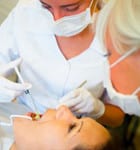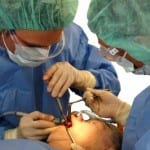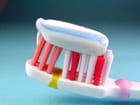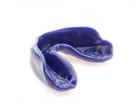 From time to time, we all fall off the wagon in Leeds and drop our oral hygiene guard which can lead to a touch of bad breath, but when you finally get back to normal, you can remove the problem quickly with some good old fashioned cleaning. However, if you constantly suffer from this condition, it indicates something is going wrong in your mouth and body and you will to assert all your energy to remove the problem. The most obvious starting point is your dentist: tooth decay and gum disease can cause foul odours in your mouth and if you get your teeth fixed and improve the way you look after your teeth and gums, you may be able to solve the problem easily; a hygienist will be the perfect person to chat with about this too, because although you can improve your oral health with hard work, you may also have to take a look at your lifestyle. Cigarettes, heavy alcohol consumption and a poor diet will add to the complications of bad breath and it is important, once you are aware of this, that you address it and cut these things out, at least until you have stopped the problem of bad breath. Changing your hygiene programme as well can solve the problem and by incorporating herbal remedies into your daily routine will help tremendously. Cut out the coffee, the sweets and give your mouth a chance to re-hydrate and maintain saliva levels in the mouth.
From time to time, we all fall off the wagon in Leeds and drop our oral hygiene guard which can lead to a touch of bad breath, but when you finally get back to normal, you can remove the problem quickly with some good old fashioned cleaning. However, if you constantly suffer from this condition, it indicates something is going wrong in your mouth and body and you will to assert all your energy to remove the problem. The most obvious starting point is your dentist: tooth decay and gum disease can cause foul odours in your mouth and if you get your teeth fixed and improve the way you look after your teeth and gums, you may be able to solve the problem easily; a hygienist will be the perfect person to chat with about this too, because although you can improve your oral health with hard work, you may also have to take a look at your lifestyle. Cigarettes, heavy alcohol consumption and a poor diet will add to the complications of bad breath and it is important, once you are aware of this, that you address it and cut these things out, at least until you have stopped the problem of bad breath. Changing your hygiene programme as well can solve the problem and by incorporating herbal remedies into your daily routine will help tremendously. Cut out the coffee, the sweets and give your mouth a chance to re-hydrate and maintain saliva levels in the mouth.
















